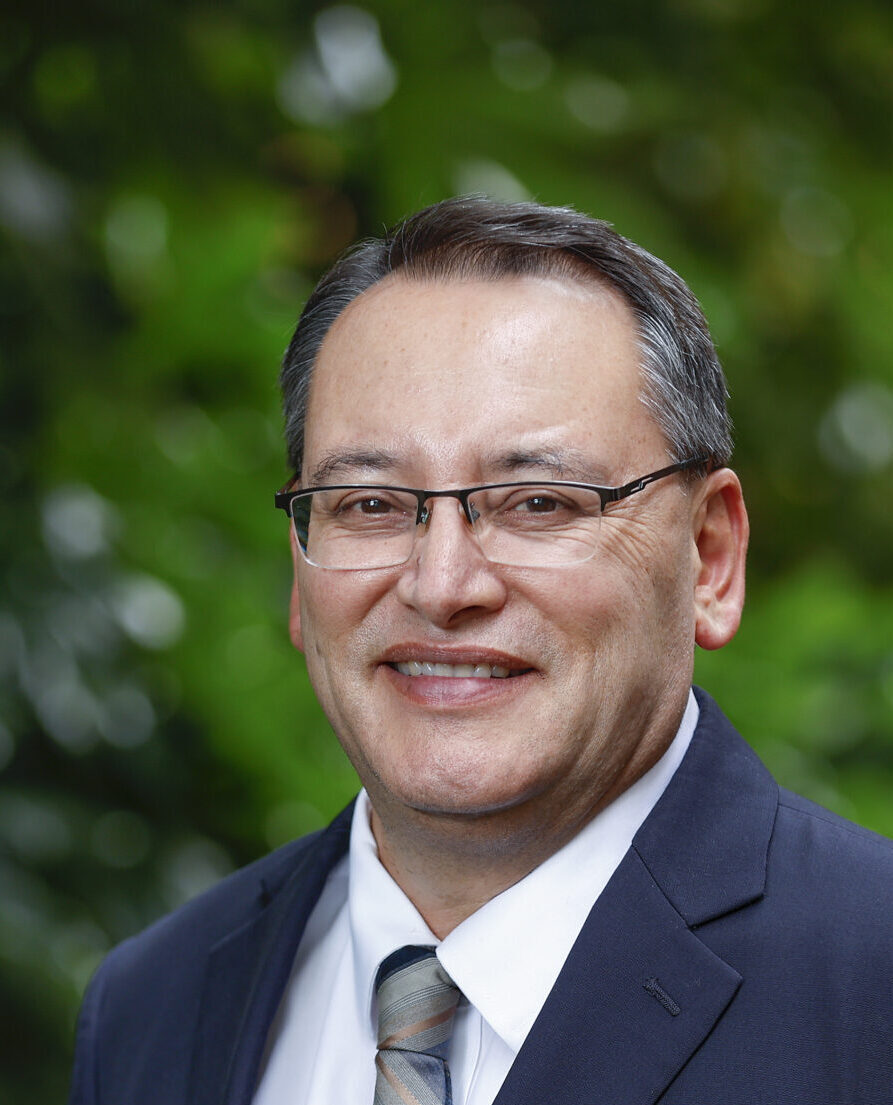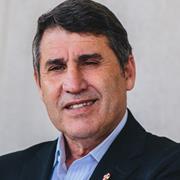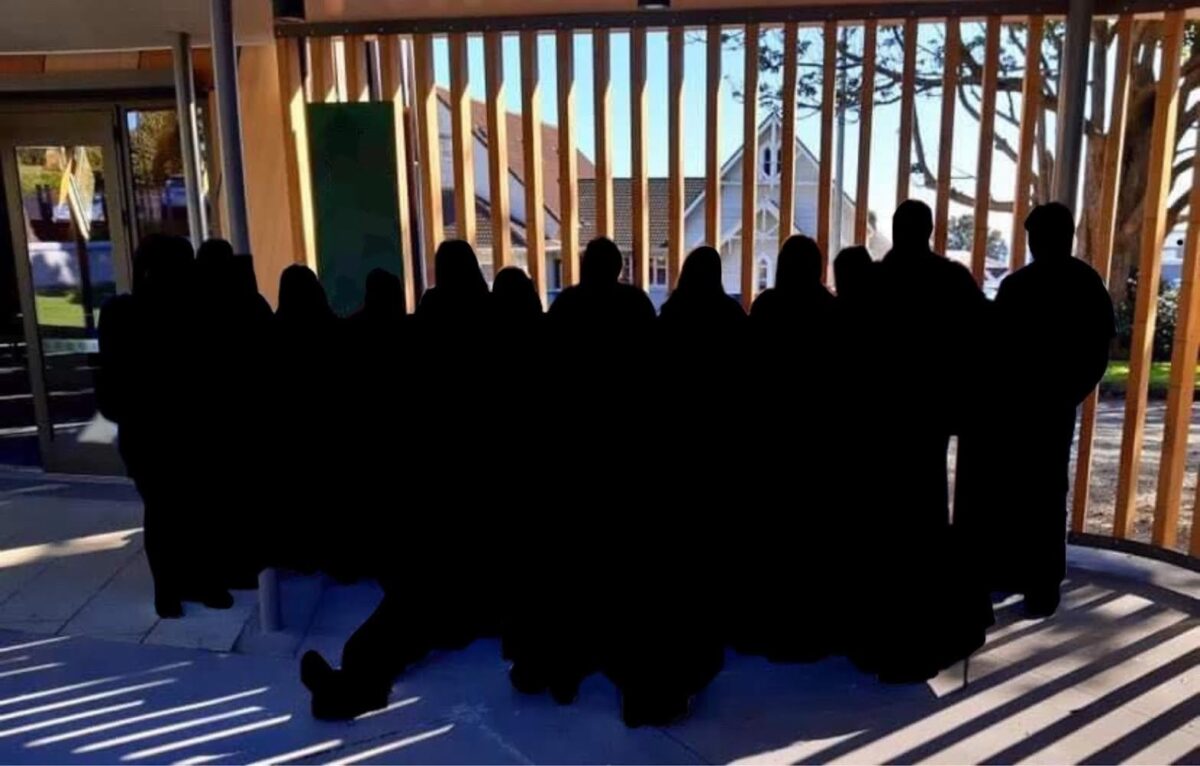“I cannot begin to express the feelings of uncertainty, stress and hopelessness,” said one Canterbury graduate with a young family and $25,000 student loan to pay off.
Another said the whole process had left her and her friend “heart-broken” as well as financially stressed. “We both have . . . been struggling to see our future due to this whole situation.”
Just 334 of 535 — about three in five — mid-year nursing graduates who applied through the national job-matching system ACE (advanced choice of employment) for supported-entry roles at Te Whatu Ora were successful, it was revealed recently.
The nursing entry-to-practice programme (NETP) and nursing-entry-to-specialist-practice (NESP), for mental health nursing, include mentoring, orientation and professional development for new nurses.
‘Myself and others have been left abandoned and completely in the dark.’
That left 166 unemployed in the “talent pool” — likely to be prodded into aged care or primary health where vacancies remain, but the pay is often much lower.
Several new graduates who missed out have contacted Kaitiaki to describe their shock at finding there were no hospital jobs for them after three years of study.
‘Blindsided’
One Taranaki graduate said her class of about 100 had been “blindsided” when leaked reports of a hiring pause emerged in June. She said they now felt betrayed and “abandoned” after being told they would always be in high demand.
“I think it went from shock to ‘what the hell?’ anger – because we weren’t getting told what was going on. Even our tutors didn’t know, they were like ‘we haven’t heard, no-one’s communicated with us’.”
She wanted to work in urgent or emergency nursing but was no longer sure it would be possible.
“I’m not in the position, unfortunately, to go to Australia. I have a mortgage and children and I’m in my 40s. This was my retraining, I can’t do it again. A lot of the younger ones from my class are saying: ‘Let’s go to Oz, let’s go to Oz’.”
‘We are in limbo. My entire life and everyone around me has been consumed with this process of becoming nurses.’
One Canterbury graduate said Australia was looking more and more appealing after Te Whatu Ora’s “demoralising” treatment.
Another graduate from midcentral New Zealand told Kaitiaki she would also be heading to Australia — and says she will never work for Te Whatu Ora.
“My classmates and I feel like our Government has abandoned us.”
She said hearing there might be no jobs just weeks before the final exam was a “bombshell”. A day after the July 16 exam, her class was then told there were no NETP positions in the midcentral region at all — even though she had seen first-hand on placement how short-staffed so many hospital departments were.

“I have studied full time for three years. I am 20 years old with a bachelors degree, have completed 1200 hours of unpaid clinical placements (where RNs are often too busy to teach so we get left with a hefty patient load) and have had to face many barriers in order to obtain this degree in a nursing crisis where jobs were guaranteed — yet myself and others have been left abandoned and completely in the dark.”
Another North Island graduate said despite assurances of a role where she had done her placement, she missed out, as had many of her classmates.
‘To put yourself through over 1100 hours of unpaid work, to miss out on opportunities to see family . . . all for nothing at the other end is really disheartening’.
The single parent in her 40s said she and her family had sacrificed so much for her to qualify as a nurse, a move she hoped would bring more security. Now she was facing a student loan on top of a mortgage, and no job.
“I am left feeling disheartened and anxious about what my future in nursing is going to look like.”
Another said she felt misled by Te Whatu Ora over both promised job security and its denials of a hiring freeze.
“We are in limbo. My entire life and everyone around me has been consumed with this process of becoming nurses. It’s overwhelming, all-consuming, and the cost to our families is more than financial — the emotional toll is horrendous.”
A Canterbury graduate of Ara’s school of nursing said being told there were no jobs at a time of exam stress had been very upsetting, after three years of hard graft and poverty.
‘I am left feeling disheartened and anxious about what my future in nursing is going to look like.’
“To put yourself through over 1100 hours of unpaid work, to miss out on opportunities to see family, to miss out on being able to pay bills, to have a student loan, personally mine is $50,000, for nothing at the other end is really disheartening and it makes me quite upset.”
One said their class had been told by a Te Whatu Ora representative that all the money had been spent on overseas nurses to fill shortages over the past year. Internationally-qualified nurses (IQNs) now make up 45 per cent of the workforce, compared to 36 per cent a year ago, according to Nursing Council statistics.
Another graduate said the only jobs available in her region — Waitaha — were in aged care and primary health, sectors which were often understaffed. The prospect of starting her career in a workplace without enough support and supervision made her feel anxious.
Others agreed, saying aged-care nurses generally needed a couple of years experience as it could be quite a solitary and autonomous role.
More placements promised, amid budget blowout

Te Whatu Ora has blamed high nurse recruitment for its lack of jobs, after employing 2900 full-time-equivalent (FTEs) nurses over the past year.
Its chief people officer, Andrew Slater, has previously told Kaitiaki he was “confident placements would increase over the coming weeks and months”.
A Te Whatu Ora spokesperson said it would respond in more detail next week to the graduates’ concerns.
A shortage of 4800 nurses was identified last year in Te Whatu Ora’s own workforce plan but the extent of the current shortfall is unclear. Data released to NZNO in May showed a quarter of all shifts were unsafely staffed over 2023.

Minister of Health Shane Reti, who last month replaced Te Whatu Ora’s depleted board with a commissioner, says the organisation had overspent and was facing a $1.4 billion deficit.

The commissioner, Lester Levy, said cost savings would not impact frontline services, but a “bloated” bureaucracy. Labour’s health spokesperson Ayesha Verrall has challenged that as unlikely, noting some of the 14 claimed “management layers” were in fact patients and nurses.
The Nursing Council has confirmed that this year, a total of 684 mid-year nursing graduates sat state finals last month.
There were 535 who registered with ACE for supported entry job matches, according to Te Whatu Ora.
Many more grads on the way
ACE job matching is due to open next week for the end-of-year graduates — a far bigger cohort than mid-year.
Schools with mid-year intakes include UCOL’s Palmerston North and Whanganui campuses; EIT, Manukau Institute of Technology, AUT and Ara Institute of Canterbury — which doubled its nursing intake from two to four recently in response to identified nursing shortages.
The Nursing Education in the Tertiary Sector (NETS) network has been approached for comment.
In their words: See letters for further correspondence from new nursing graduates.
- Kaitiaki has agreed not to name the graduates due to fears it will impact their future employment.
- This article was amended on August 9 to clarify the Nursing Council did not have oversight of ACE.





